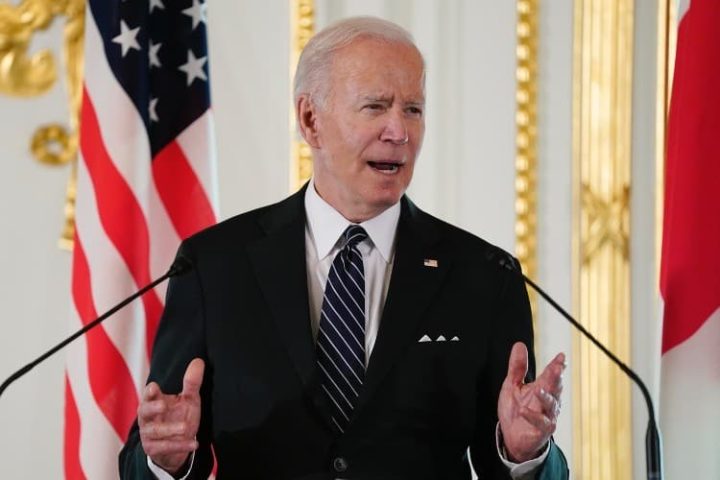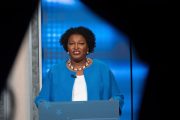
On Monday, President Biden committed the United States to protect Taiwan militarily should China attempt to take the island nation by force. Just a few hours later, the White House backtracked on the president’s remarks and insisted that nothing has changed regarding America’s commitment to the so-called One China policy.
At a joint press conference with Japanese Prime Minister Fumio Kishida in Tokyo, the president was asked by a reporter, “You didn’t want to get involved in the Ukraine conflict militarily for obvious reasons. Are you willing to get involved militarily to defend Taiwan if it comes to that?”
“Yes,” Biden declared. “That’s the commitment we made.”
“We agree with the One China policy. We signed on to it, and all the attendant agreements made from there, but the idea that it can be taken by force, just taken by force, is just not appropriate,” the president said.
China’s Foreign Ministry quickly answered the president’s rhetoric, expressing its “strong dissatisfaction and firm opposition” to Biden’s remarks.
“No one should underestimate the strong determination, firm will, and strong ability of the Chinese people to defend national sovereignty and territorial integrity, and do not stand against the 1.4 billion Chinese people,” China’s Foreign Ministry said.
Just a few hours later, a White House spokesperson said that Biden’s remarks signaled no change in policy from the administration.
“As the president said, our policy has not changed,” the spokesperson told Fox News. “He reiterated our One China Policy and our commitment to peace and stability across the Taiwan Strait. He also reiterated our commitment under the Taiwan Relations Act to provide Taiwan with the military means to defend itself.”
“One China” is a policy position of the communist People’s Republic of China (PRC) stating that only one sovereign state bears the name China and that Taiwan, the Republic of China (ROC), which operates as a separate democratic entity, is actually just a part of the People’s Republic.
Under the “One China” policy, the United States acknowledges communist China’s claim to Taiwan but does not officially recognize Taiwan as part of mainland China. The United States supplies the ROC with defensive weapons while remaining equivocal on whether it would act militarily should the PRC move against Taiwan.
1979’s Taiwan Relations Act states that it is American policy “to provide Taiwan with arms of a defensive character; and to maintain the capacity of the United States to resist any resort to force or other forms of coercion that would jeopardize the security, or the social or economic system, of the people on Taiwan.”
So the United States is obliged to provide Taiwan with defensive arms and reserves the right to act in other ways should it feel it is necessary to defend Taiwan.
It’s not the first time the president has misspoken on the subject of Taiwan. During a CNN town hall event in October of last year, Biden spoke with Anderson Cooper on the subject.
“China, Russia, and the rest of the world knows we have the most powerful military in the history of the world,” Biden said. “Don’t worry about whether we’re going to — they’re going to be more powerful. What you do have to worry about is whether or not they’re going to engage in activities that will put them in a position where they may make a serious mistake.”
After affirming that he didn’t want a “Cold War with China,” Biden added, “I just want to make China understand that we are not going to step back, we are not going to change any of our views.”
When asked directly by Cooper if that meant “the United States would come to Taiwan’s defense if China attacked?” Biden answered, “Yes, we have a commitment to do that.”
Biden seems to have a disconnect with the White House staff when it comes to the official policy positions of the United States and his own understanding of those positions. When answering questions off-the-cuff in a foreign land, he can’t be counted on to give correct answers.
These foreign trips must make for some sleepless nights for the White House staff who control the messaging of this administration.




